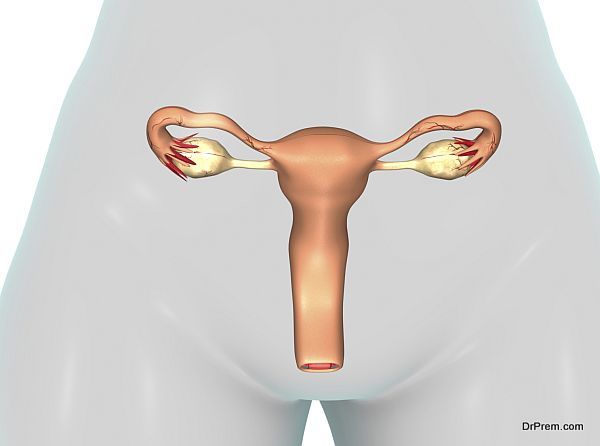Every child comes to the age when they enter into puberty. Generally, in boys, this happens before they turn 9 while in girls it is before the age of 8. Sometimes there are some children who get into puberty very soon; this is when it is termed as Precocious puberty.
Understanding the term Precocious puberty in detail

This is a condition wherein the child’s body size and shape changes and there is a rapid growth of the muscles and bones. It is the transition when the child reproductive organs start to develop for reproduction.
Although the reason behind this is yet to be found, what we do know is that this kind of a condition is very rare. The possible reasons behind this condition could include injuries or brain abnormalities, tumors, hormonal imbalance or disorders and even infections. It is very important that the child has to get the right treatment before it becomes too late.
How to recognize the symptoms

Precocious puberty symptoms are very prominent. As a parent, you have to watch out for certain symptoms pertaining to the development of your child physical growth. In the case of a girl, you will come to know that your daughter has the Precocious puberty because she may get her first period very early. Another prominent physical symptom is that her breasts grow at a rapid pace.
On the other hand, if your son has this condition the prominent symptoms that you will note would include deepening of the voice, the growth of facial hair especially on the upper lips and even and large penis or testicles.
The generic symptoms among girls and boys would include adult body odor, acne, and rapid growth and even under arm or pubic hair. It is advisable to see the doctor or Pediatrics specialist the minute you start noticing these changes. This will help to get a proper evaluation of the reason behind the precocious puberty in your child.
Understanding the causes of this condition in detail

As mentioned earlier there are the reasons as to why a child may develop precocious puberty at a very early age. Some of the possible reasons behind it would include
- The development of Gn-RH gonadotropin-releasing hormone. This generally happens with the brains start to produce this hormone sooner than usual.
- More hormones are released by the pituitary gland. This gland is located at the base of the brain and is shaped to the size of a small bean. In such cases, the gland releases extra hormones like the FSH AKA Follicle-stimulating hormone and LH AKA luteinizing hormone
- The FSH and LH hormones also may be the reason behind the rapid growth of the reproductive organs. In the case of a girl, it is the reason behind the generation of producing the hormones that help to generate estrogen. This, in turn, results in the fact that the ovaries start to work faster than usual. In the case of a boy, the testosterone is released earlier than usual which results in the development and growth of the sexual aspect in boys.
- Due to the production of testosterone and estrogen, it can also cause the various physical changes in your child.
Understanding the causes behind central precocious puberty

- Some kind of brain defect when the child was born
- Radiation to the spinal cord or brain
- Injury to the spinal cord or brain
- A genetic disease called McCune-Albright syndrome, which is said to be a rare condition. This affects the skin color and bones, which in turn also causes the development of hormonal imbalances in the body.
Understanding the causes behind peripheral precocious puberty

- In this case, there could be a tumor in the child’s pituitary or adrenal gland due to which your child is developing fast.
- It can also be due to the McCune-Albright syndrome
- Sometimes exposure to sources like ointments and creams can also be the reason behind it.
- Some other factors could include ovarian tumors or cysts in girls and tumors in boy’s reproductive organ.




